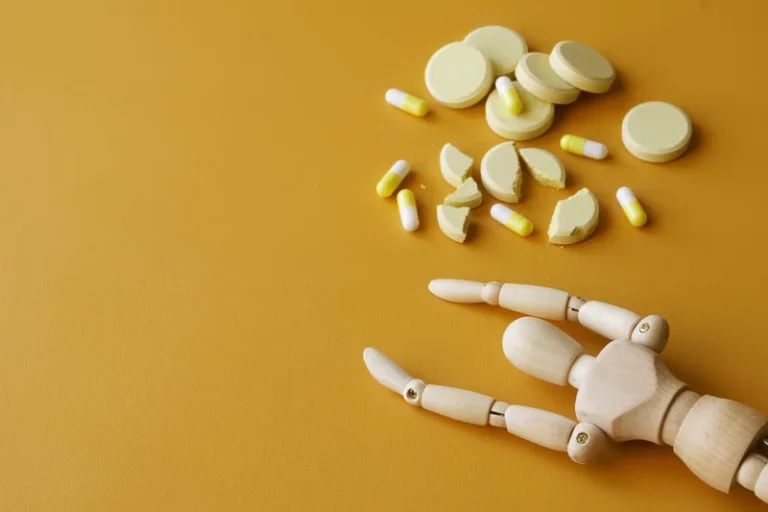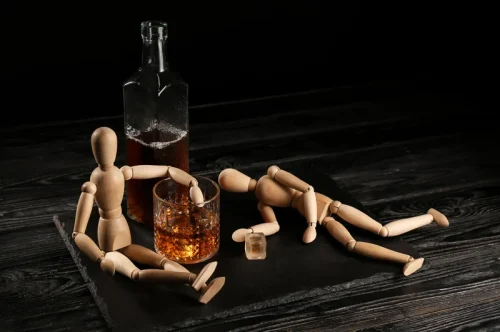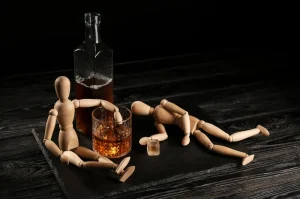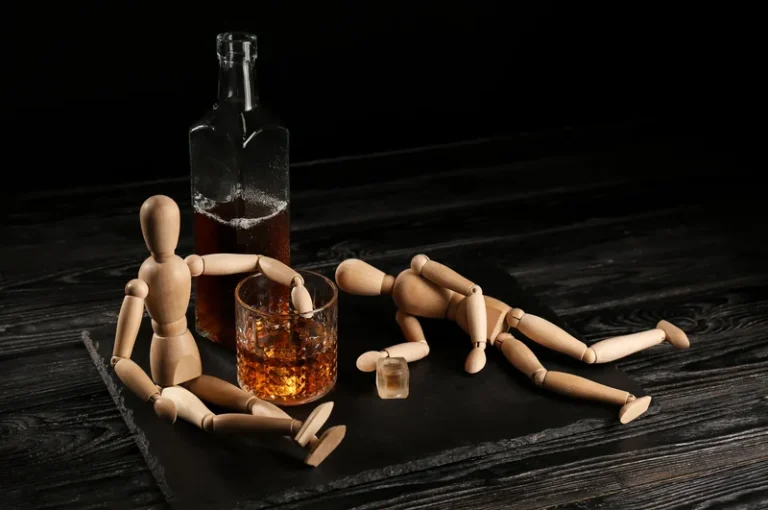
• Alcohol stimulates your appetite, which can cause you to overeat and may affect your blood sugar control. • Alcoholic drinks are usually high in calories, making it difficult to lose excess weight. Studies published in the Journal of Diabetes Research highlight the connection between alcohol consumption, weight alcoholism symptoms gain, and diabetes risk.

Limit Alcohol Consumption
This connection stems from alcohol-induced chronic inflammation and pancreatic impairment. Furthermore, excessive alcohol consumption may lead to weight gain and cause liver damage, thus increasing the risk of Type 2 Diabetes. Because of these risks it is advised to either drink in moderation or abstain entirely.
Can moderate alcohol consumption reduce diabetes risk?

When these two organs don’t work well, it can make your glucose control worse. Small amounts of beer and sweet wines can be high in carbohydrates, which can raise blood sugar temporarily. Drinking too much alcohol can increase triglyceride levels (fat in the blood) and your blood pressure. Unlike protein, fat, or carbohydrate, alcohol doesn’t require insulin to provide energy to the body. The exception is sweet dessert wines, which pack 14 grams of carb in a tiny three-and-a-half-ounce glass.
- By addressing both alcohol use and diabetes risk simultaneously, you can create a healthier future and reduce the likelihood of serious, life-altering health conditions.
- Being well-nourished with diabetes relates to diet, with meals that incorporate more fruits, vegetables, and whole grains while avoiding foods with extra carbohydrates, calories, and fat.
- The actions of insulin and glucagon must be finely balanced, because both lower than normal blood sugar levels (i.e., hypoglycemia) and higher than normal blood sugar levels (i.e., hyperglycemia) can have deleterious effects on the body.
- When these two organs don’t work well, it can make your glucose control worse.
- Most diabetes medications work to lower your blood sugar (glucose) levels — and they’re particularly good at the job.
- Your healthcare provider will tell you how much alcohol is safe for you to drink.
What Do Studies Conclude?

After all, other aspects of moderate drinkers’ lives may be behind the link. Doctors advise some people with diabetes to abstain from alcohol for reasons unrelated to their blood sugar. The Department of Veterans Affairs (DVA) warns that individuals with diabetes may have other conditions that alcohol could affect.
- While moderate alcohol consumption may have some health benefits, excessive drinking can lead to serious health issues, including diabetes.
- The same is true of cocktails made with regular soda or mixers, simple syrup, and other types of added sugar, or fruit juice.
- This way, if an emergency arises, medical personnel (who are trained to look for IDs) will know you have diabetes.
- Recent research shows that heavy alcohol use can have the ability to increase the risk of middle-aged adults developing type 2 diabetes.
- In this article, we’re going to talk about the co-morbidity of alcoholism and diabetes, with an emphasis on how the former affects the latter.
One of the main risks of alcohol-induced hypoglycemia is hypoglycemic unawareness, a condition in which someone with diabetes cannot recognize an episode of low blood sugar. When it comes to alcohol and diabetes, two related factors come into play — how diabetes medications and alcohol coexist in your system and the effect that drinking has on your liver. Alcohol impairs your liver’s ability to produce glucose, so be sure to know your blood glucose number before you drink an alcoholic beverage. diabetes and alcohol blackouts You are probably better off, however, if you choose drinks that have fewer carbohydrates, such as light beers, dry wines, and seltzers.

The 5 Key Levels of Care in Addiction Treatment, Explained
And if you often have hypoglycemia unawareness, a condition in which you don’t recognize you’re going low, drinking becomes especially dicey. Timing may also be an issue, as hypoglycemia can strike hours after your last drink, especially if you’ve been exercising. They should also keep a closer watch on their blood sugar so they can quickly react if levels fall too low. “The same parts of your brain that drive your eating behaviors also drive the use of alcohol or other substances. GLP-1s may reduce the rewarding effects of alcohol by influencing these regions, specifically the nucleus accumbens, which plays a key role in reward processing, motivation, and pleasure,” adds Winn.
